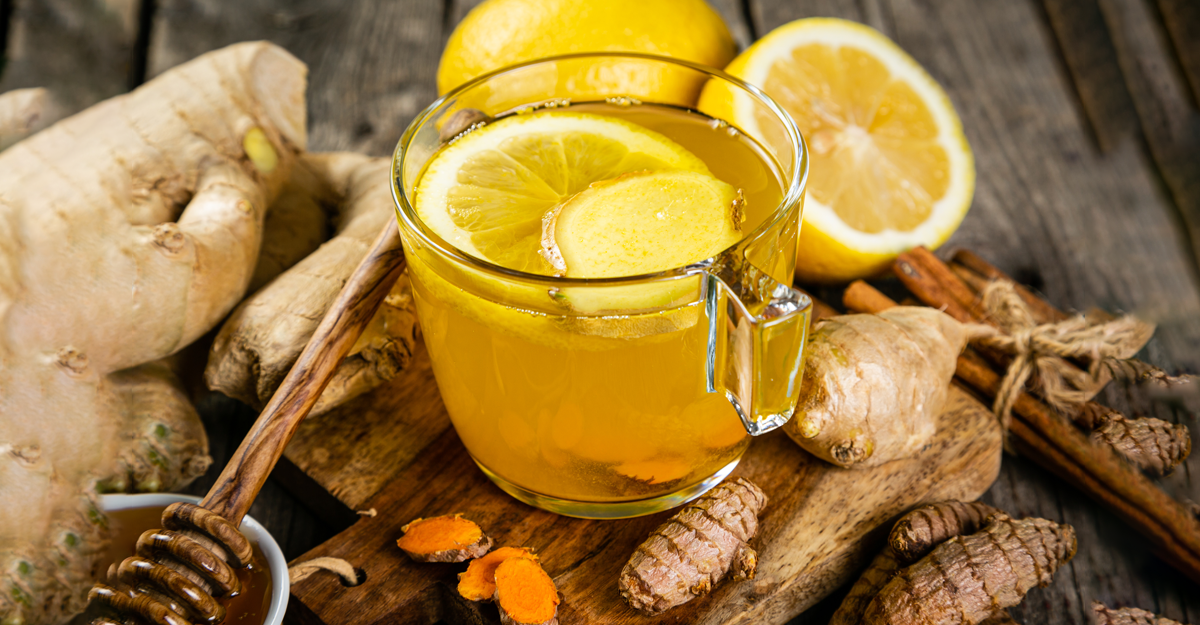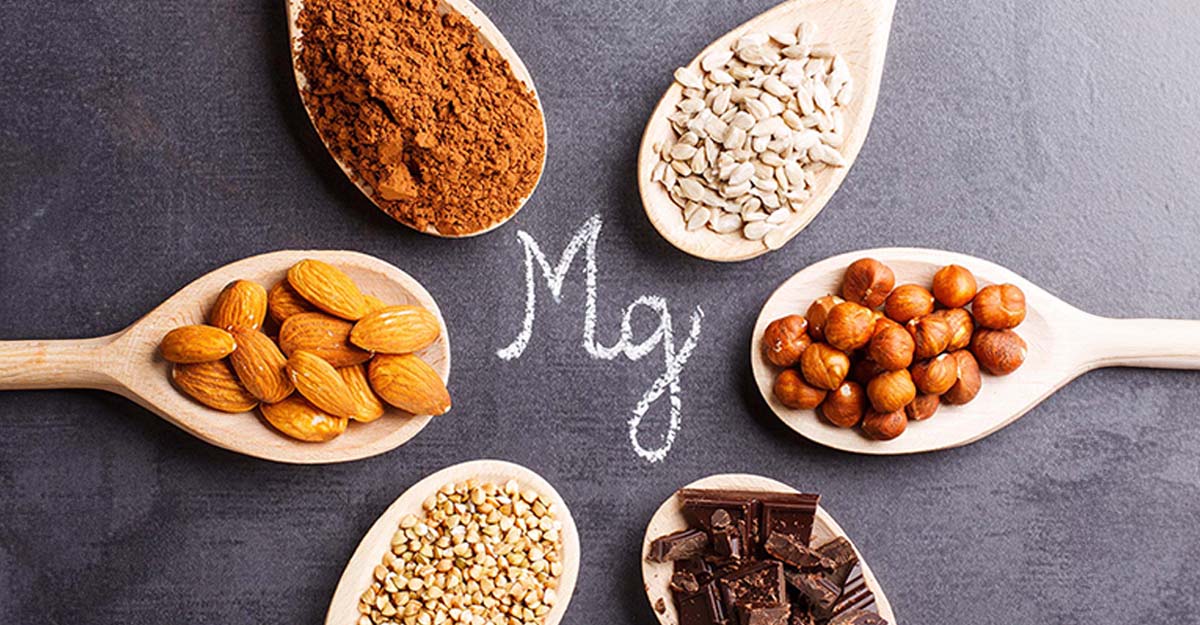What and how much we eat greatly impacts how long and how well we live. One of the greatest dietary links to health is the quantity of food we consume. Calorie restriction supports a decrease in risk factors for high cholesterol, diabetes, heart disease, hypertension and obesity.
Research suggests calorie restriction also slows down the aging process. Especially aging of the brain. Of course what we eat is just as important as how much. To maintain your current weight, you should consume 13.5 calories per pound (on the average). For example if you weight 150 pounds and consumed 13.5 calories per pound, you would consume 2025 calories per day. Of course your physical activity and muscle mass greatly impacts this.
Age-related disease is more likely when the diet is deficient in fruits and vegetables. Surprised? Probably not – we all know that eating more servings of fruits and vegetables per day is healthier than the average serving of 1-2 per day by the “average” American. Fruits and vegetables are the “power” foods. They contain the most nutrients such as vitamins, minerals, fiber, water and a variety of phytonutrients and flavonoids for free radical protection. Adding even a small amount to your diet is helpful. For instance, including some fresh berries in your cereal or yogurt for breakfast. While it may not be a full serving, it helps! Adding sliced tomato, green pepper and leaf spinach to a sandwich adds very few calories but contributes many important nutrients.
In addition, make sure you are drinking enough water. Water helps with gastrointestinal function, detoxification, proper cell functioning and aids in reducing inflammation. The amount and quality of fats contributes to inflammation too. Most important is to eliminate all trans fats. These are even more damaging than saturated fat. Cut down animal fats such as meat and dairy, to reduce saturated fat intake. Consume mostly olive oil as a monounsaturated fat and a smaller amount of polyunsaturated fats (vegetable, corn, canola oils).
Cut down or better yet, eliminate sugar from the diet. Yikes! Soda, desserts, candy, white sugar, alcohol, etc. all provide a burst of energy, but no nutritional value. In addition the quick rise in blood sugar, often not balanced by protein or fat, sets us up for insulin resistance. When excess sugar is consumed, an abnormally high amount of insulin is secreted by the pancreas. If this happens frequently, our cells become resistant to this high amount of insulin circulating. High levels of insulin contribute to inflammation, which promotes cardiovascular disease, diabetes and cancer.
The most important take away from this blurb is to increase your vegetables and fruits. And to eat some of every color, every day. For instance, eating green spinach, a yellow banana, a red tomato, purple blueberries and orange squash in the same day provides the widest variety of phytonutrients, rather than all green vegetables. On days when you know you didn’t eat enough vegetables or fruit, supplement with a Greens Powder.
* These statements have not been evaluated by the Food and Drug Administration. The products mentioned are not intended to diagnose, treat, cure, or prevent any disease.





